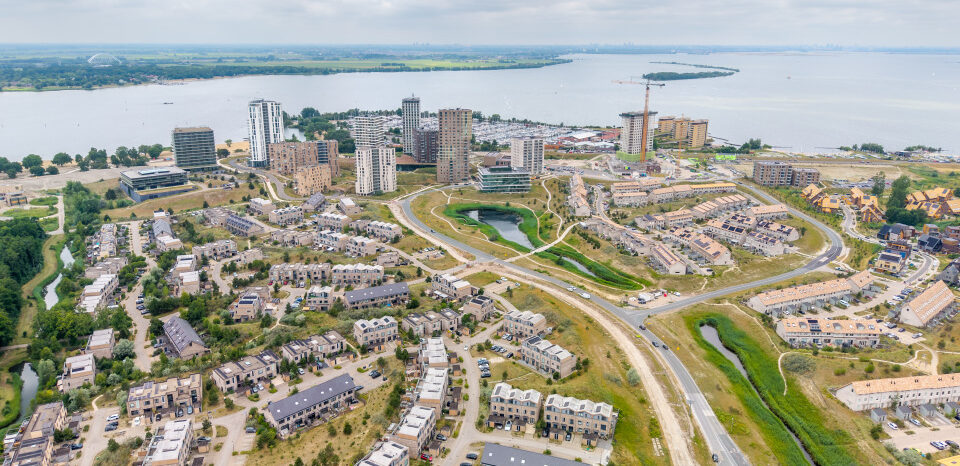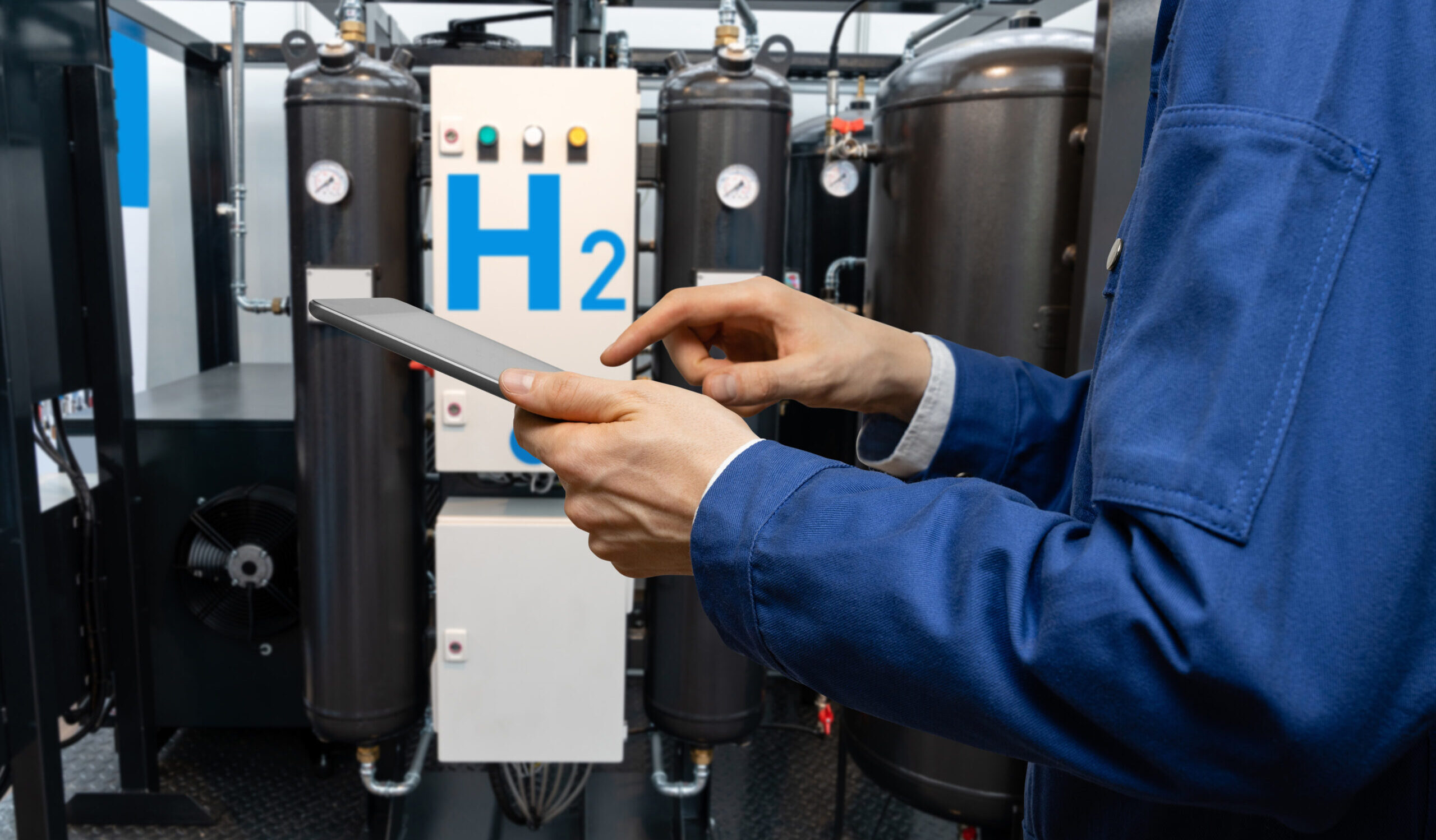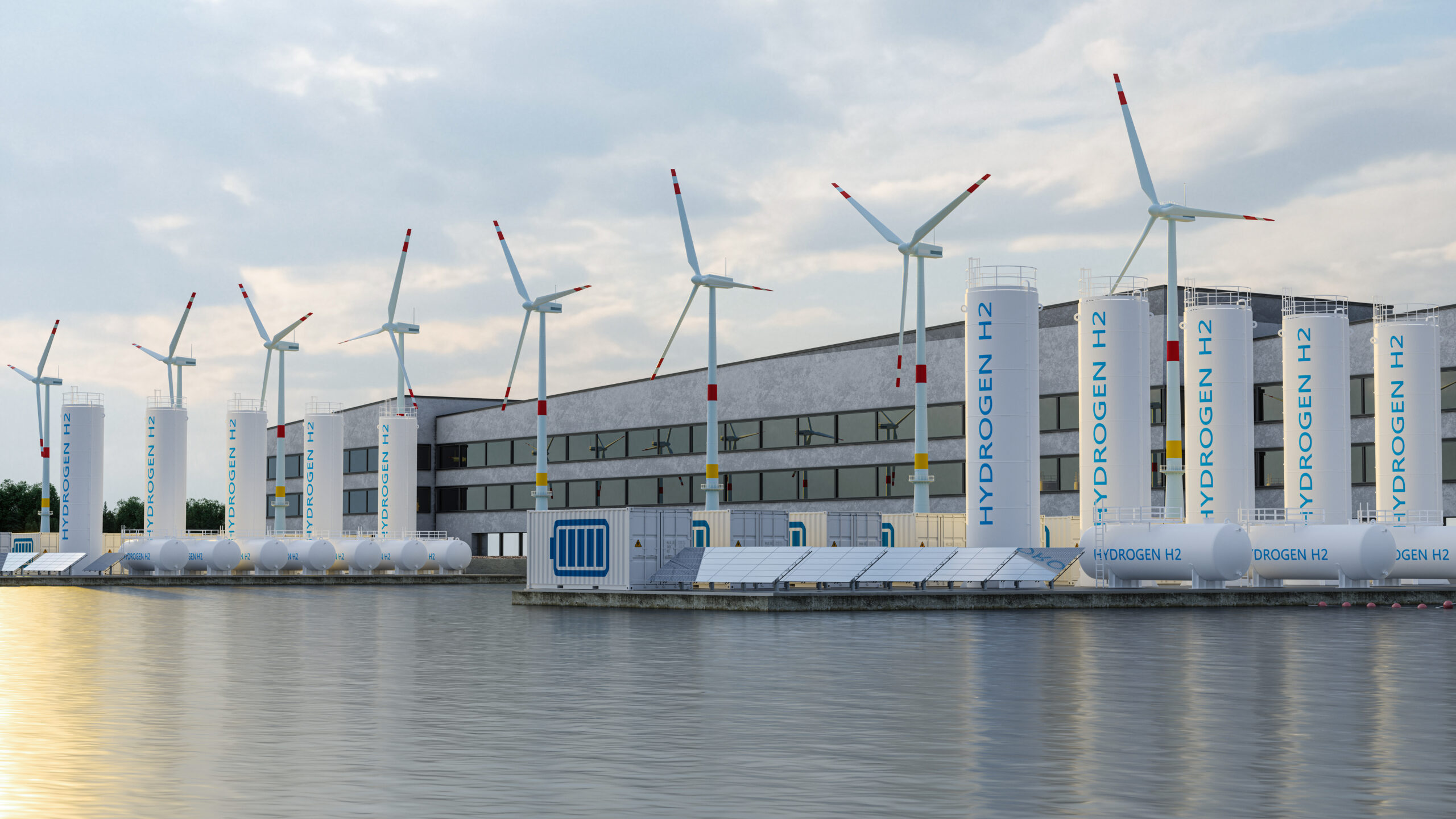Businesses are now under severe pressure to decarbonise. That won’t be easy – but it’s possible – if they quickly set to work with wider industry value chains and governments.
The decade between 2020 and 2030 is arguably the most critical in human history: it’s our only window of opportunity to act. If we continue emissions at current rates, then by 2030 runaway climate change will be an irreversible reality.
Aiming to make an impact here immediately puts the spotlight on hard-to-abate sectors, such as steel, cement, plastics, trucking, shipping and aviation. Combined, these activities are responsible for 30% of global emissions. Even more alarming: that number is projected to grow to 60% by 2050.
10 years isn’t much time when it comes to planning and re-building hard-to-abate value-chains. But the good news is, much of the technology needed to decarbonise already exists today. Our challenge is making sure that promising technology can reach the market, at the right scale and cost, quickly enough to make a difference.
From our work at Xynteo, such as strengthening the bioeconomy with Scania Group and other partners, we also know that creating systemic change is heavy lifting. It requires collaboration and commitment across entire ecosystems, to create a new, sustainable – and scalable – growth. Our societies must come together, including businesses, industry bodies, governments, policy makers, and many more groups of stakeholders.
So, to turn things around, we’ll need to put together a never-before-seen effort, across value chains and stakeholders. Here’s what it’ll take:
Action 1: Governments setting the table with innovative policies
We need enabling actions from governments across the world to incentivise businesses to act. We’ve seen governments globally work to lower the cost of renewable energy which has had a tremendous impact towards decarbonising the energy sector. Now, we need them to put similar policies and incentives in motion for the wider, hard-to-abate ecosystems. The introduction of downstream policy levers; public procurement; government-funded research, testing and infrastructure development; and, perhaps most catalytic, the introduction of a carbon price, could all help kick-start transformative change.
Action 2: Businesses taking the initiative to reinvent themselves
Immense value can be unlocked, for businesses and the world, by decarbonising hard-to-abate industries. Business operating across hard-to-abate value chains have an opportunity to position themselves as climate leaders and gain a first mover advantage. Manufacturers, financiers, technology providers and upstream businesses all have a responsibility and the capabilities to effect change both directly and indirectly: directly by packaging their own decarbonisation offerings and taking them to market; and indirectly, by using other levers of influence (e.g. network, influence, technical expertise, purchasing power, financial position) to help shift the market.
Action 3: All sectors using platforms to collaborate for better impact
But no business can do this alone, and creating deep systems change requires systems collaboration. Despite a clear need for action and significant technological progress, the market demand for low carbon products is often limited or non-existent in hard-to-abate sectors. We need companies across each hard-to-abate value chain to join forces and move together to build and scale new markets by addressing barriers and creating low carbon demand.
We’ve seen big commitments from major oil and gas companies to decarbonise. But, to realise these commitments, these companies will need to engage differently with industrial customers to enable them to follow suit. Platforms that strengthen industry ambition and enable the co-creation of roadmaps for change will be crucial. These platforms could also incubate practical, collaborative projects in which two or more companies join forces to drive action. Project concepts including green industrial technology clusters that enable integrated planning, advanced market commitments (e.g. Project X) and finance-knowledge exchanges show the potential to be particularly transformative.
Time’s nearly up for us – we must create change while we still can. We’re all a part of a system, can all act, and are all responsible. So, this is an opportunity for all players in this ecosystem to make a difference, while creating new forms of value – commercial, social and environmental.
–
Stay up to date with our latest interviews by following us on social media (LinkedIn I Twitter), or Contact Us to find out how we can help your leaders and organisation create people and planet-positive impact.



